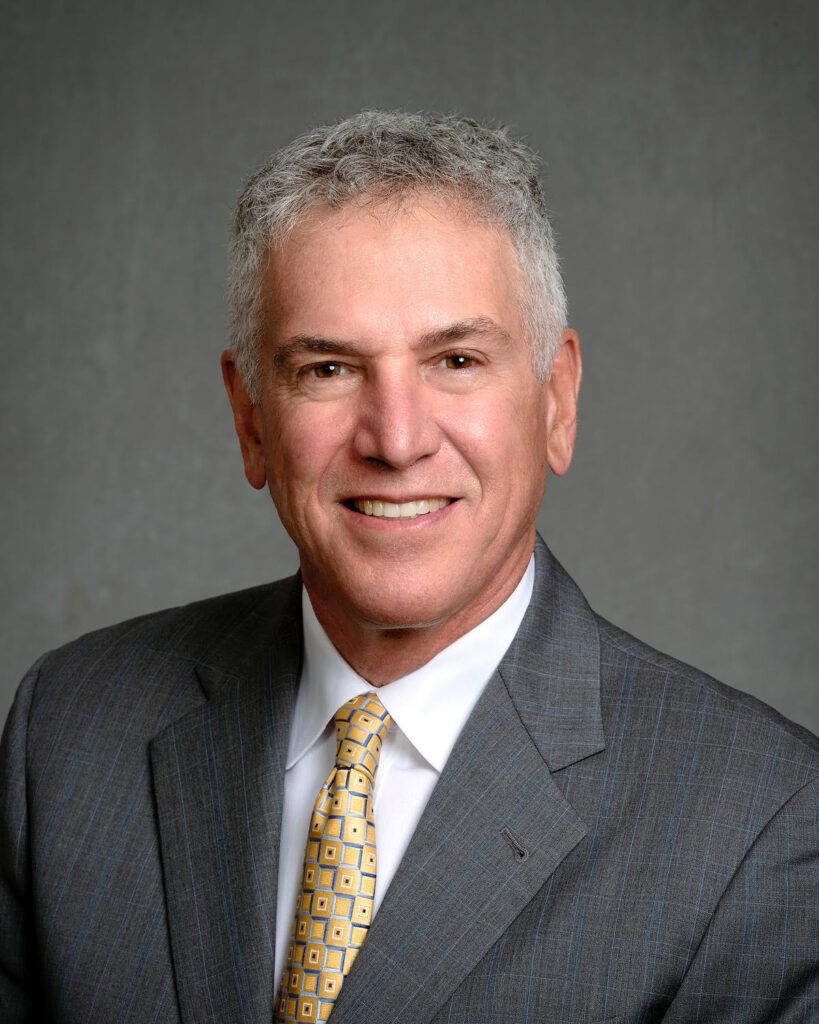Our Team
Airway Clinical Nurse Specialist, Professor/SME of Health Policy and Reimbursement
USA
ENT, Oral & Maxillofacial Surgery, Dentistry, Father of Computerized and 4-Phase Rhinomanometry (4PR)
Germany
Oral & Maxillofacial Surgery, Dentistry, Cell Biology, Neuroscience Researcher in PTSD, Respiratory Therapy
USA
Dental Sleep Medicine, Neurobiology, and Higher Education Learning for Dental Programs
USA

Society Ethics
The International Society of Airway Function, Diagnostics, & Therapeutics (ISAFDT) is firmly committed to upholding the highest ethical standards in all aspects of its activities and operations. As a society dedicated to the advancement of knowledge, research, and therapeutic interventions for airway-related disorders and conditions, we recognize the paramount importance of ethical conduct and integrity. Our commitment to ethics serves as the foundation for our mission and vision, ensuring the well-being of the global community and the individuals we serve.
Key Society Ethical Principles
01
Integrity and Honesty
02
Respect for Diverse Perspectives
03
Patient Welfare
04
Scientific Rigor
05
Transparency and Accountability
06
Conflicts of Interest
07
Confidentiality
08
Ethical Research Practices
09
Community Engagement
By adhering to these ethical principles, ISAFDT aims to maintain the highest level of trust and credibility among its members, collaborators, and the public. We recognize that ethical conduct is not only a responsibility but also an essential part of our commitment to improving airway health and the overall well-being of individuals globally.
Treatment Ethics for Society Members
The International Society of Airway Function, Diagnostics, and Therapeutics (ISAFDT) is dedicated to promoting and upholding the highest standards of ethics in the treatment of individuals with airway-related disorders and conditions within their scope of practice and licensure. Our commitment to treatment ethics is rooted in the fundamental principles of patient-centered care, informed consent, evidence-based practices, and respect for individual autonomy. We recognize the significance of ethical considerations and scope of practice in providing compassionate and effective care to those affected by airway disorders.










